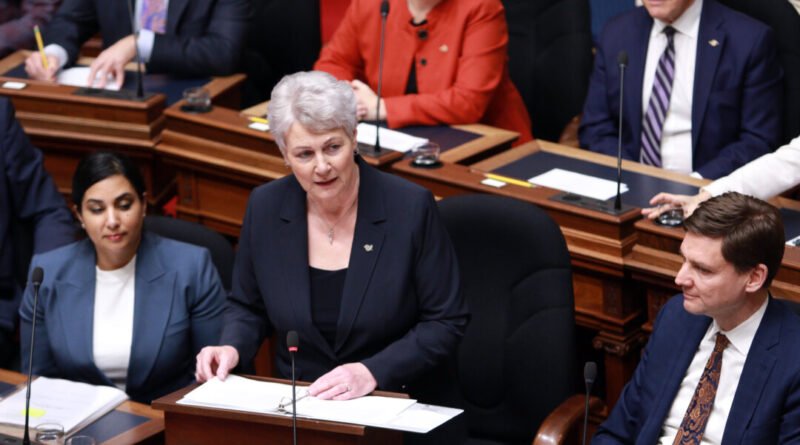Wildfires and Lower Revenue Contribute to BC Ending Fiscal Year with $5B Deficit
British Columbia has concluded the fiscal year with a deficit of approximately $5 billion, which is $900 million lower than the most recent forecast but higher than what last year’s budget had anticipated.
The latest official assessment of the province’s finances before the October election indicates that increased revenues from vehicle insurer ICBC were offset by decreased revenues from natural resources.
The final deficit of $5.035 billion for the year ending on March 31 is lower than the $5.9 billion forecast from the previous quarter but higher than the initial prediction of $4.2 billion in the 2023 budget.
A report from the Finance Ministry highlights that the province spent a record $1.1 billion on wildfire management, exceeding the budgeted amount by $401 million.
The statement also mentions that elevated spending on essential services such as health, education, and housing contributed to the deficit surpassing the budgeted figure.
Finance Minister Katrine Conroy argues that responding to fiscal challenges with severe cutbacks to services is the “wrong approach.”
“Given the slower world economy and a growing population, we cannot afford to compromise on services,” states Conroy in the press release.
The public records reveal that B.C.’s economic growth stood at 1.6 percent, surpassing the national average, as per the ministry.
“B.C. maintains one of the strongest credit ratings and the lowest debt-to-GDP ratios among all provinces,” affirms the provincial statement.
The deficit is projected to rise to $7.9 billion in the current fiscal year.



